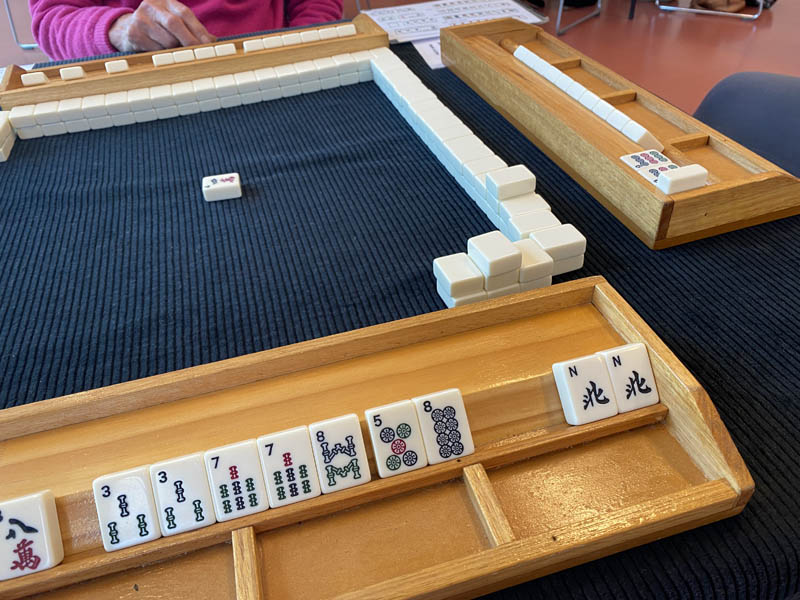Extraordinary ordinary people
Whilst getting over the winter lurgi (aka bronchitis), I read Eleanor Oliphant is Completely Fine. Except, as it turns out, she’s not. The intense loneliness of her day-to-day life, the ways neurodivergent Eleanor tries to fit it and to create a narrow – but very safe – existence for herself, and the ways she eventually tries to break out of it was – what? touching? moving? desperately sad? All that and more.
“… by careful observation from the sidelines, I’d worked out that social success is often built on pretending just a little. Popular people sometimes have to laugh at things they don’t find very funny, do things they don’t particularly want to, with people whose company they don’t particularly enjoy. Not me …“
Once I’d finished Eleanor, I unpacked my response by doing a bit of doom-scrolling on the topic of loneliness and isolation. Depressing? Yes, but also food for thought. I ended up questioning whether, as a society, we are all lonelier than we were in ‘days gone by’, as so many articles and writers suggest, or is that just perception? Does it really matter?
Pondering this took me down the pathways of songs for a while – and there are many (many) songs about loneliness out there. Really. SO many. But the closest I got to where my thoughts of Eleanor had taken me was Green Day’s The Boulevard of Broken Dreams – or, as my family refers to it, the walk
straight song.
“…I walk a lonely road / The only one that I have ever known / Don’t know where it goes / but it’s home to me, and I walk alone… My shadow’s the only one that walks beside me / My shallow heart’s the only thing that’s beating…”
Oh Eleanor Oliphant, this could have been written for you. Or, I suppose, for any number of people who feel disconnected. Strange that I should find this so interesting, given that my working (and volunteering) life in community development has been all about connectedness. Most of the people I’ve encountered have been in their 60s or older, most are/were active and engaged mentally and, in general, physically. Whenever I came away from a group session, planning meeting or event, I found myself thinking, “I want to be like them if I get to be that old!
These interactions changed my views on ageing. Given that my starting premise was that 60 was old, this is not surprising. Admittedly, this view was predicated on my own family experiences: a mother who passed away at the age of 60, after a protracted period of poor health, and a father falling prey to cancer when only slightly older. So my expectations from my early twenties was that, in all likelihood, I would follow suit. 60 was old – and then you died, probably after some wretched illness. This wasn’t something I
worried about unduly, it was just reality as I saw it. I am, after all, a pragmatist.
Working with seniors – such extraordinary, ordinary people – over the past three decades I came to realise that there is actually no reason why I wouldn’t or couldn’t be just like them and live a full, healthy and connected life well past my assumed end point. What a revelation that was! More than that, I observed that social interaction is key. Of course, being physically and mentally engaged are very important too, but the social environment – the support networks, friendships, sharing and more that these provide – works to encourage engagement in every other sphere. Community organisations, places where people can meet up with others – whether friends or strangers – to participate in activities, listen to talks, go out group outings, or just have a natter over a cuppa, are enormously valuable community resources in this arena. They are where connectedness is nurtured and thrives, allowing friendships to develop and people to feel included in their community.
Now that I’m part of the recently-retired contingent, I’m having fun trying out various activities to see where my pathway will take. Currently, MahJong lessons have been replaced by regular games with a group – yes, at a community centre – and these are proving to be fast, furious and great fun. MahJong players take no prisoners! It’s interesting that, somehow, between thinking 60 was old (and headed for doom) and now, I have in fact become one of those people I aspired to be. How lovely.

